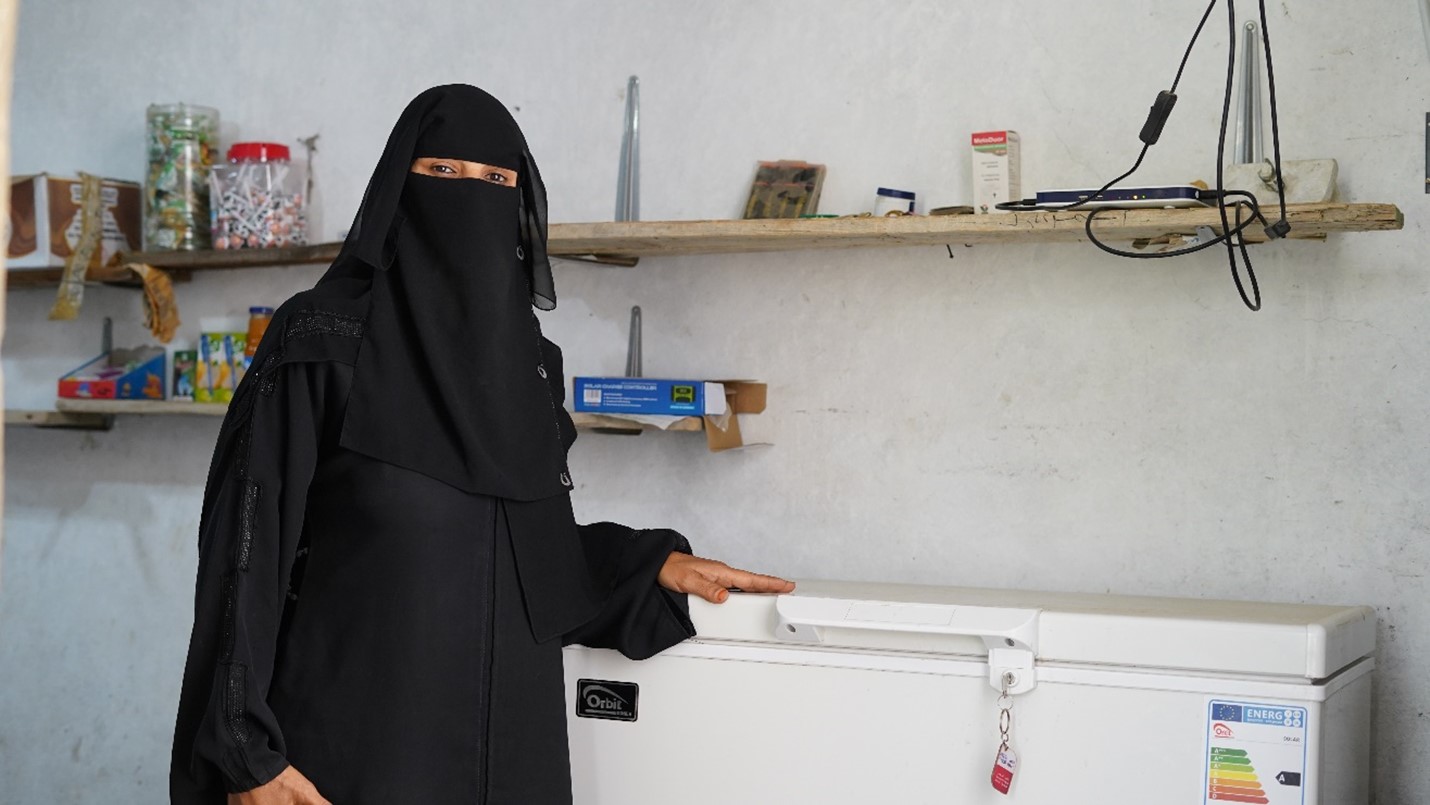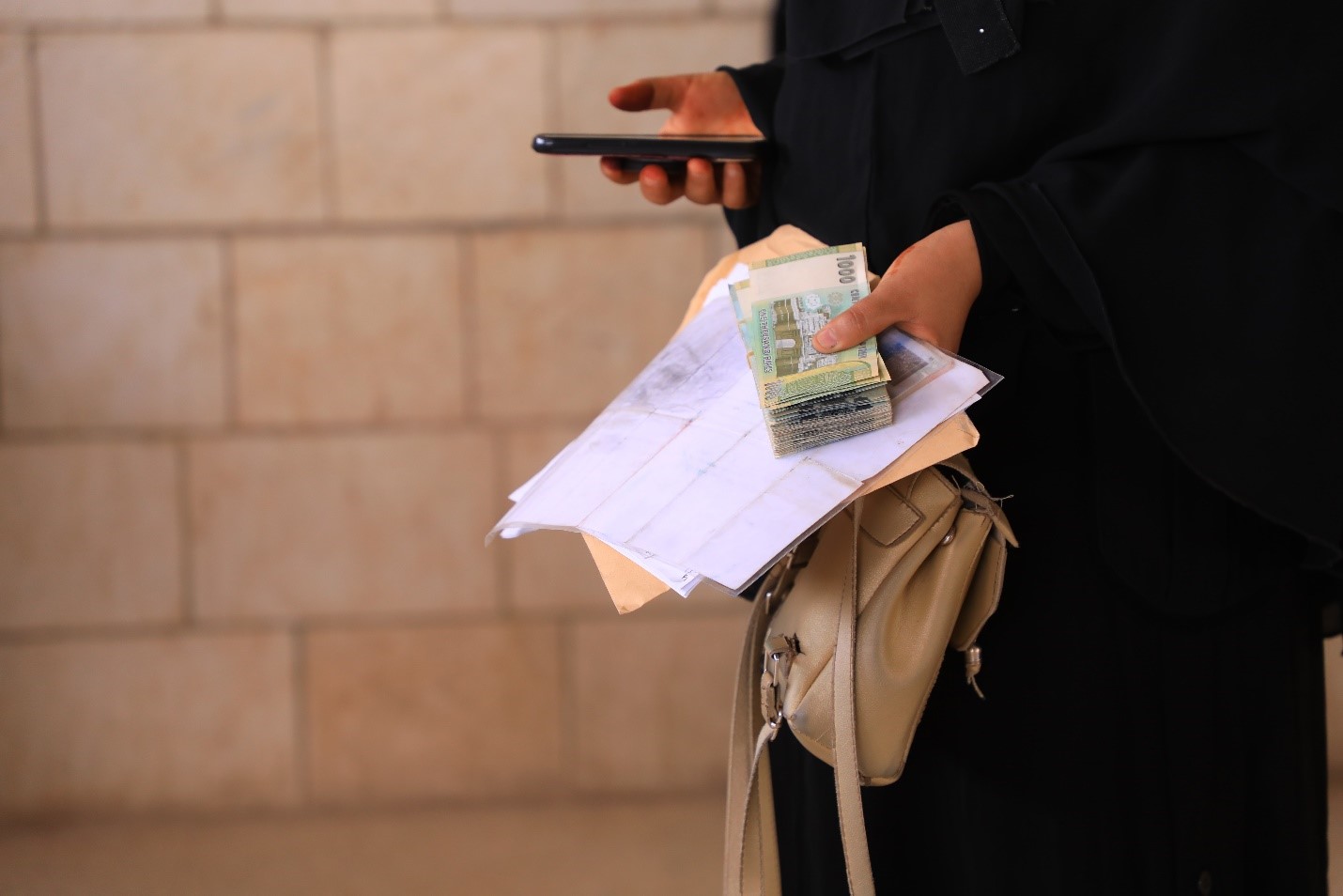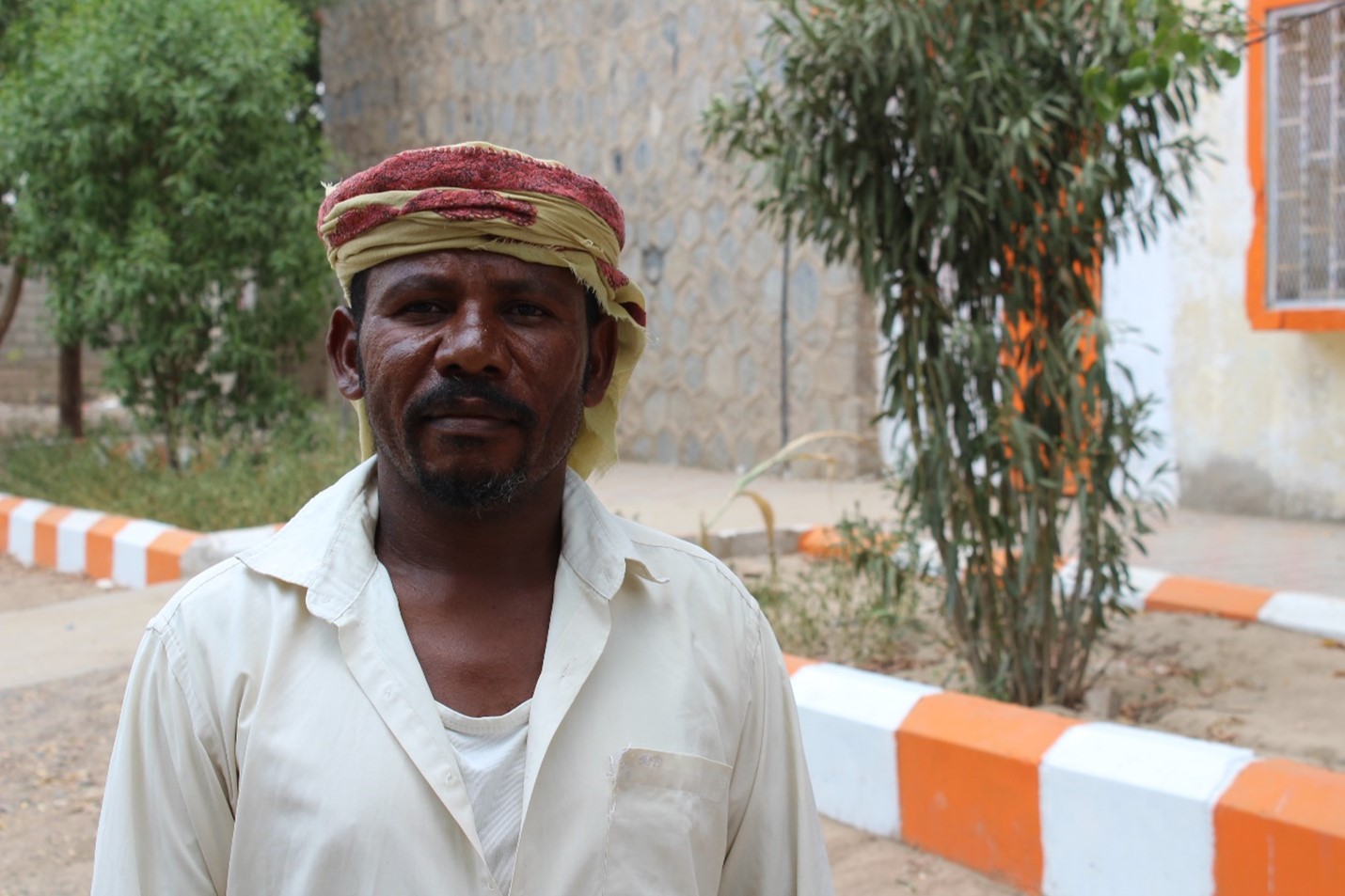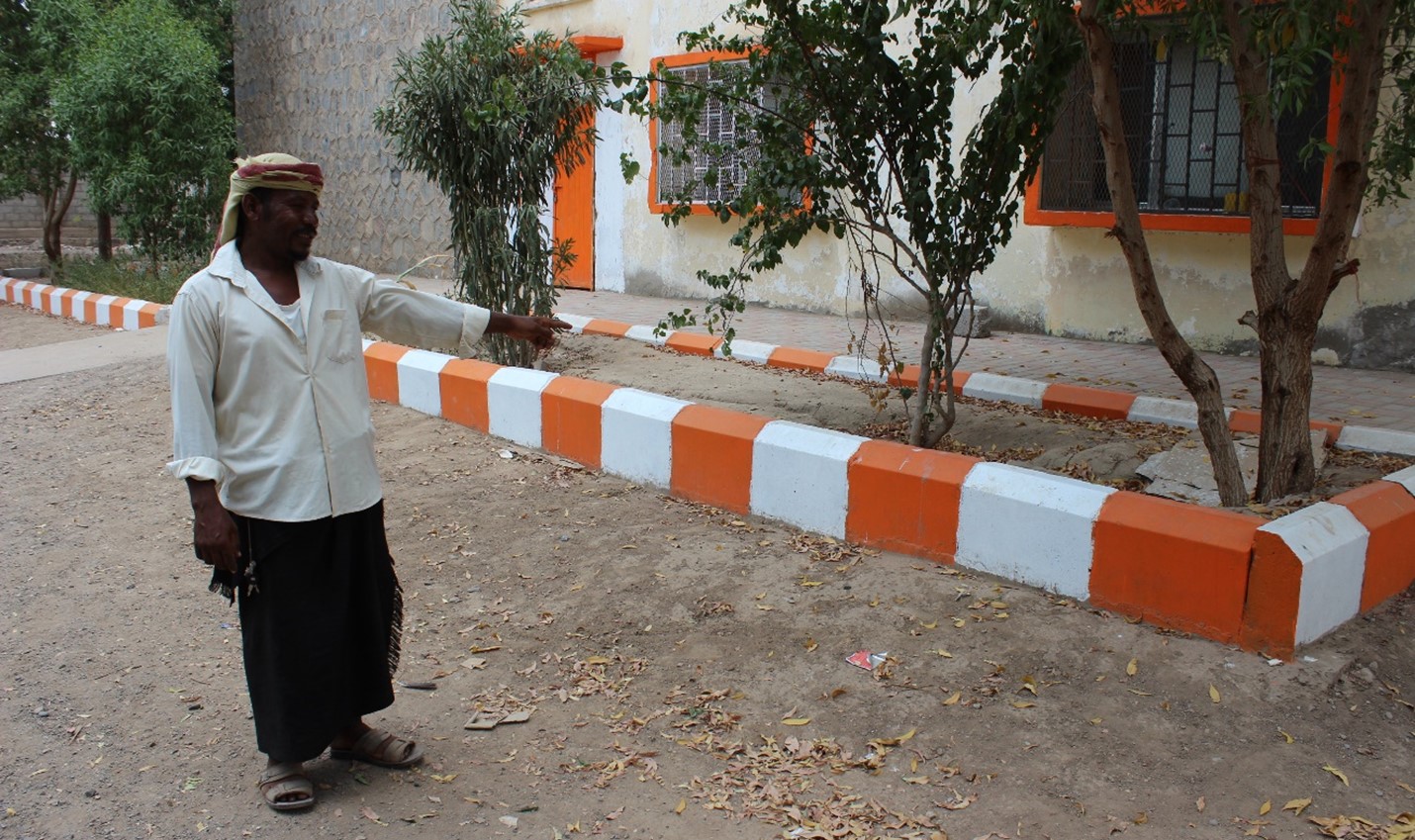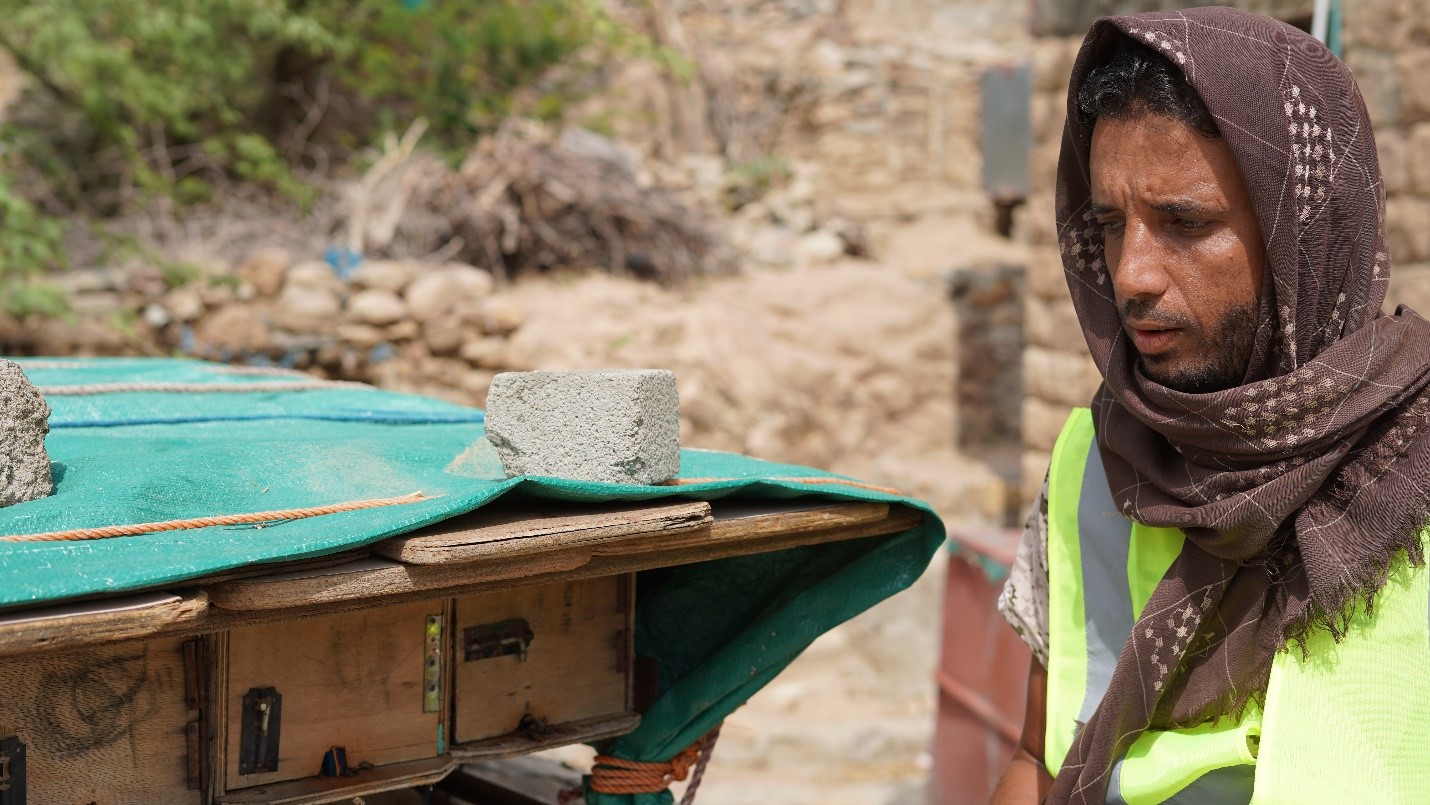According to the 2022 Humanitarian Needs Overview (HNO) analysis, 23.4 million people in Yemen require humanitarian assistance to maintain their lives and well-being, of whom 12.9 million people are assessed to be in acute need. The main instigating factors behind the number of people in need in Yemen are mainly food insecurity and malnutrition, insufficient access to health, water and sanitation, and protection.
A record 19 million Yemeni people need food assistance, with women and children bearing the significant burden of malnutrition. According to the analysis of the Integrated Food Security Phase Classification (IPC), 2.2 children under five and 1.3 million pregnant and nursing mothers were expected to be in need of treatment for acute malnutrition by the end of 2022. The absence of macro-economic stability, combined with accelerating inflation, depreciation of the local currency, and a rise in global food prices, have compounded food insecurity. The situation has been further exacerbated by persistent fuel shortages, disruption of public services, and high levels of unemployment.
As more people in Yemen slip into acute food insecurity, their livelihoods are eroded, and reliance on food assistance increases. As a result, their resilience to even minor shocks such as decreased food assistance, import challenges, or sharp increases in food prices, can directly impact their food consumption and become detrimental to their well-being.
To address these challenges, CARE and Germany’s Federal Ministry for Economic Cooperation and Development (BMZ) work to strengthen the resilience and self-reliance of vulnerable families in Yemen through an integrated, multi-sectoral approach that combines improving access to essential services, supporting sustainable livelihoods, and promoting their access to finance.
The intervention aims at supporting vulnerable households in Aden, Lahj, and Taiz Governorates of Yemen to access adequate resources to acquire appropriate food items for a nutritious diet for families. It also focuses on ensuring better inclusion of women, youth, persons with disabilities, and other marginalized groups so no one is left behind. To achieve its goal, the intervention adopts three approaches that enable targeted families to enhance their economic situation to meet their short-term and long-term needs, building back their resilience and self-reliance.
Pillar 1: Provision of unconditional cash transfers – responding to the most pressing needs and restoring choice and dignity
The project provides unconditional cash assistance to households that have been assessed to be most vulnerable. This includes families with persons with disabilities, women and children-headed homes, chronically ill, and marginalized groups and aims to immediately improve their food security and living conditions. “With the cash assistance, I bought food for my family,” says Fatima*, a widowed mother from Lahj who benefits from the unconditional cash transfers. “My children are no longer hungry, and I returned them to school. I hope to see my children grow up in a safe and peaceful environment,” she adds.
Unconditional cash transfers are a powerful approach to restoring choice and dignity by allowing families to identify and meet their unique needs.
